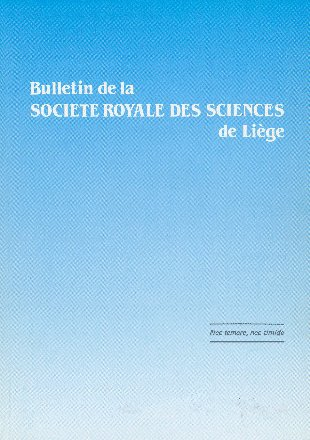- Portada
- Volume 80 - Année 2011
- Theory of Winds from Hot, Luminous Massive Stars
Vista(s): 513 (19 ULiège)
Descargar(s): 785 (30 ULiège)
Theory of Winds from Hot, Luminous Massive Stars

Documento adjunto(s)
Anexidades
Abstract
The high luminosities of massive stars drive strong stellar winds, through line scattering of the star’s continuum radiation. This paper reviews the dynamics of such line driving, building first upon the standard CAK model for steady winds, and deriving the associated analytic scalings for the mass loss rate and wind velocity law. It next summarizes the origin and nature of the strong Line-Deshadowing Instability (LDI) intrinsic to such line-driving, including also the role of a diffuse-line-drag effect that stabilizes the wind base, and then decribes how both instability and drag are incorporated in the Smooth Source Function (SSF) method for time-dependent simulations of the nonlinear evolution of the resulting wind structure. The review concludes with a discussion of the effect of the resulting extensive structure in temperature, density and velocity for interpreting observational diagnostics. In addition to the usual clumping effect on density-squared diagnostics, the spatial porosity of optically thick clumps can reduce single-density continuum absorption, and a kind of velocity porosity, or vorocity, can reduce the absorption strength of spectral lines. An overall goal is to illuminate the rich physics of radiative driving and the challenges that lie ahead in developing dynamical models for the often complex structure and variability of hot-star winds.
Para citar este artículo
Acerca de: Stan Owocki
Department of Physics and Astronomy, University of Delaware, Newark, DE 19716 USA






